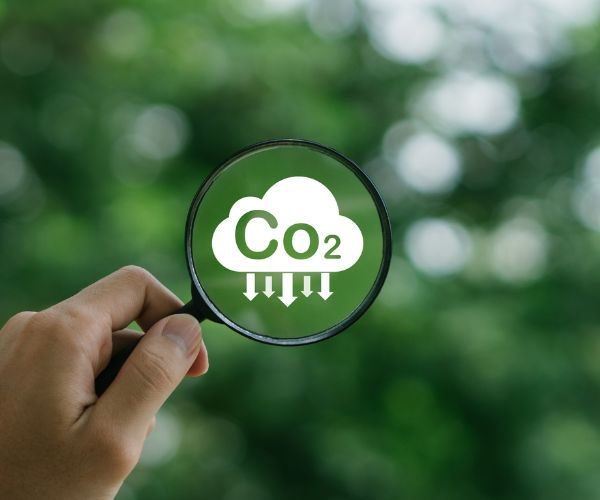Industrial and environmental transition
Study - Decarbonization of the food industry
24
Jul

Published on: 24/07/2024
According to the Intergovernmental Panel on Climate Change (IPCC), the global food system is responsible for 21% to 37% of global GHG emissionsunderlining the importance of decarbonizing transformation processes in this sector.
For the food industry, federations and unions are currently working on specific roadmaps for each sub-sector. It is in this context thatALLICE and the CTCPA have joined forces to conduct a technical study on decarbonizing the agri-food industry.
The aim of this study is to in support of the various roadmaps currently being drafted or drawn upby the sector's federations and unions, providing technical details on current and emerging alternatives for decarbonizing food processing processes.
It consists of three main phases:
The aim of this phase is to draw up an inventory of energy consumption, particularly thermal, in the agri-food sector, and to identify priority processes and operations in terms of energy.
The aim of this second phase is to study the most relevant decarbonization levers for the priority energy-related processes and operations identified in phase 1. These case studies will be enriched by simplified applications on industrial sites.
The aim of this final phase is to use and extrapolate the results obtained and the levers identified in phase 2 to the entire sectoral scope of the study: processing activities under NCE codes 12 (dairy industry) and NCE 14 (other agri-food industries). Based on this analysis, the decarbonization potential of transformation processes is estimated.
These three parts were conducted independently of each other and are self-supporting. For ease of reading, this study is divided into three separate reports, reserved for ALLICE members. Each report corresponds to a phase of the study and includes its own structure (introduction, summary, conclusion, bibliography, table of tables and figures, table of appendices).
These reports are supplemented by a fourth document: a public executive summary, which can be downloadedhere.
_
The CTCPA supports company- and industry-led initiatives to take greater account of the environment in their development and structuring. These initiatives aim to reconsider certain practices and invent new models to reduce the environmental impact of agri-food production. Find out more about our support services: Environmental impact: change your production models (ctcpa.org)






